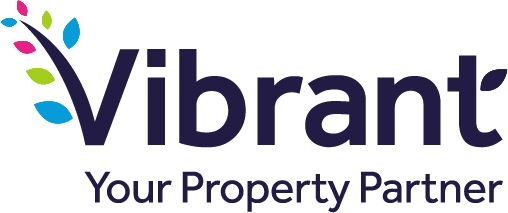Government Grants for Energy Efficiency: How to Maximise Your Savings in 2025
- Mar 24, 2025
- 3 min read
With energy prices rising and sustainability remaining a core component of government policies, there’s never been a better time for homeowners to invest in sustainable energy and efficiency upgrades. The UK government offer a range of grants and financial schemes to help households improve their property’s energy performance – in turn, reducing both carbon emissions and energy bills.
Here, we break down the top UK government grants available in 2025, eligibility criteria, and how our VESA (Vibrant Energy Savings Audit) can help you find and access the best funding options for your home.

The Great British Insulation Scheme
Designed to help homeowners and tenants improve home insulation, this scheme provides grants for loft insulation, cavity wall insulation and solid wall insulation.
Households in council tax bands A-D (England & Wales) or A-E (Scotland) and homes with an EPC rating of D or below are eligible. Grants typically cover up to 75% of insulation costs, making energy-saving improvements more affordable.
A government-backed initiative offering grants to replace old gas boilers with low-carbon heating systems such as: air source heat pumps (£7,500 grant), ground source heat pumps (£7,500 grant)and biomass boilers (£5,000 grant – rural areas only).
To meet the qualification criteria, you must be a homeowner in England & Wales, your property is replacing existing fossil fuel heating (oil, gas, or electric heating) and your property must have a valid EPC and has no outstanding loft or cavity wall insulation recommendations.
Warm Homes Grant
The Warm Homes: Local Grant is a government-funded scheme delivered by Local Authorities that will take the first steps to delivering on the ambitions of the Warm Homes Plan. It will provide grants for energy performance upgrades and low carbon heating to low-income households living in the worst quality, privately owned homes in England to achieve energy bill savings and carbon savings.
Delivery of the scheme is expected to start in April 2025 and will allocate £500 million across 270 local authorities over the next three years.
Property is in England
Are low income and meet one of the following criteria:
gross annual household income of £36,000 or less
those living in deprived areas (ranked in the lowest income deciles)
those already receiving means-tested benefits (like Universal Credit or Housing Benefit)
Have an Energy Performance Certificate (EPC) between D and G
Are privately owned (owner occupied or privately rented)
Smart Export Guarantee
The SEG allows homeowners with solar panels, wind turbines, or other renewable energy sources to sell excess electricity back to the grid. While it’s not a grant, it’s a great way to generate savings on your energy bills.
Homeowners who install solar PV, wind, hydro, or micro combined heat and power (CHP) systems qualify – you also must use a SEG-licensed electricity supplier.
Find Out Which Grants Apply to Your Home with a VESA
Understanding which government grants you qualify for can be confusing - but we’re here to help you with all your energy-related questions.
Our Vibrant Energy Savings Audit provides a detailed report on how to improve your home’s energy efficiency with recommendations for specific upgrades, alongside which grants you are eligible for.
When you book a VESA, we’ll help boost your EPC rating and reduce energy costs – you’ll also get £500 off the Get Off Grid Gold Package to offset costs on the energy efficiency upgrades you opt for.




Comments